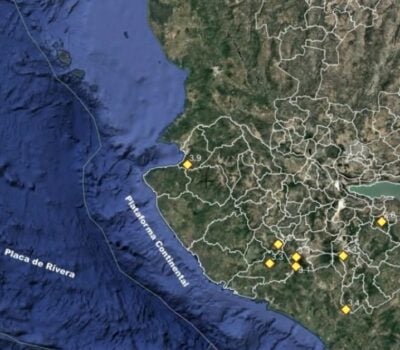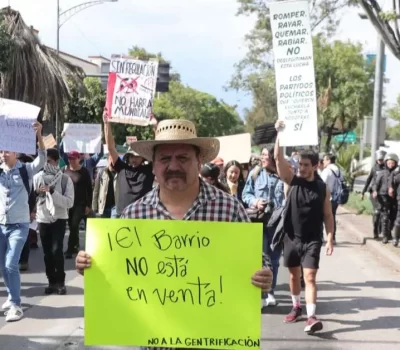Google monopoly fine in Mexico case could see the tech giant face an 8 percent revenue penalty after Cofece’s probe into alleged digital advertising monopoly.
The Federal Economic Competition Commission (Cofece) is set to announce by June 17 whether Google violated Mexico’s competition laws by abusing its dominance in digital advertising. If the agency rules against the U.S. tech giant, Google could face a fine equivalent to 8 percent of its local revenue—a penalty that would rank among the stiffest ever imposed by Cofece.
Cofece opened its inquiry in 2020, scrutinizing whether Google had built an unlawful monopoly in Mexico’s online ad market. In 2023, the regulator issued a formal notice to Google, kicking off the tribunal phase of the case. On May 20, Cofece held an oral hearing with company representatives, one of the final procedural steps before a ruling. The commission also requested financial records from Mexico’s tax authority (SAT) to assess Google’s domestic earnings.
Alphabet, Google’s parent company, does not break out Mexico-specific figures in its financial reports. However, its “Other Americas” segment—which encompasses Latin America—generated about $20.4 billion in revenue during the 2024 fiscal year. If Cofece upholds the alleged monopoly finding, the 8 percent levy could amount to hundreds of millions of dollars and underscore Mexico’s commitment to antitrust enforcement.
Legal friction between Google and Mexican authorities has intensified in recent months. President Claudia Sheinbaum filed a lawsuit against Google for renaming the Gulf of Mexico to “Gulf of America” on U.S.-facing Google Maps. Since last year, lawmakers from the ruling Morena party have urged Cofece to resolve that mapping dispute alongside the advertising case. Both actions reflect growing scrutiny of Google’s influence on information and markets in Mexico.
The Mexican probe mirrors antitrust battles elsewhere. In the United States, a federal judge ruled last year that Google maintains an illegal monopoly in search services and online advertising. U.S. regulators have cited the company’s overwhelming share of search queries and ad placements as anti-competitive. A similar verdict in Mexico would reinforce global pressure on the company to alter its business practices.
Should Cofece rule against Google, the company may seek immediate relief. Under Mexican law, Google can file a direct amparo injunction to pause the decision until a specialized court decides whether to uphold it. That process could extend the dispute well beyond June’s initial pronouncement, giving Google more time to negotiate or appeal any penalty.












